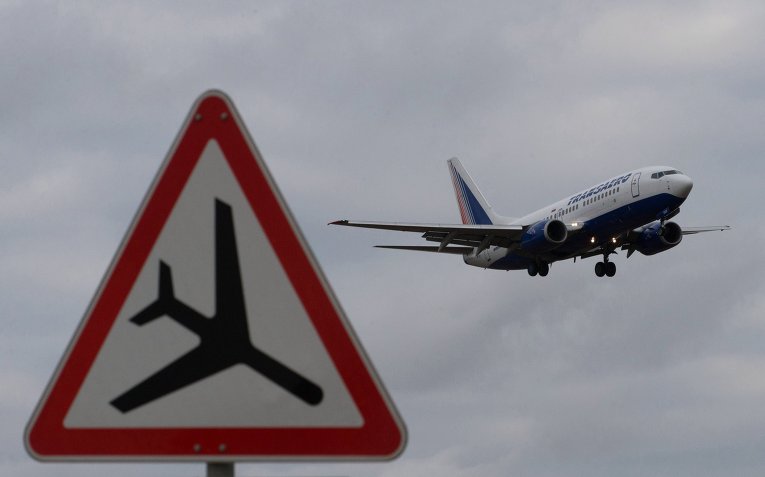MOSCOW, March 28 (RAPSI, Ingrid Burke) - A young Russian flight attendant who spent over two years in Canadian custody before being extradited to the US on fraud charges last month has pleaded guilty to one count of money-laundering conspiracy, according to documents filed by prosecutors Wednesday.
Marina Talashkova admits to having conspired to open various bank accounts and withdraw upwards of $10,000 in dirty money between at least July 2007 and November 2010. According to the plea agreement, the money derived from a bank and wire fraud scheme revolving around fraudulent automobile sales agreements.
“The indictment alleges a scheme in which members of the conspiracy offered vehicles – including automobiles, motorcycles, motor homes and boats – for sale on various websites. After the purchase price was negotiated through telephone and email communications, co-conspirators emailed fraudulent invoices to the purchasers,” according to a statement released by US prosecutors in December 2011.
Victims were instructed to wire funds to bank accounts that purportedly belonged to escrow companies. These accounts had actually been set up by members of the conspiracy, who in turn took off with the funds, the statement asserted.
“[Talashkova’s] role in the scheme was to open the subject bank accounts, to withdraw (in increments less than $10,000 to avoid reporting requirements) over $10,000 in money derived from criminal activity (specifically victim-purchaser money) that was to be deposited into those accounts, and to transfer the criminally derived funds to other conspirators,” the plea agreement states.
Tashashkova, was arrested in Canada in January 2012 based on a request by US authorities. She was 24 at the time.
She was extradited to the US in late February 2014 to face the charges pending against her.
Prosecutors plan to recommend that Talashkova should receive credit for the time she served in Canada.
Talashkova gave up her right to appeal her sentence so long as the sentence is no greater than 30 months, and restitution is no more than $350,000.
Prosecutors gave up their right to appeal so long as the sentence does not exceed the statutory maximum or fall short of 24 months, and so long as the restitution ordered is no less than $350,000.
The plea agreement makes clear that the court is not bound by the prosecution’s sentencing request and that the court may find alternative facts or reach alternative conclusions to those presented in the plea agreement. While the court may change course, Talashkova cannot withdraw her guilty plea on that basis.
Talashkova’s arrest and detention were a cause of concern for the Russian Foreign Ministry. In May 2012, MFA Spokesman Alexander Lukashevich stated in connection with the case, “We suppose that there are many ambiguities in this case, which cast doubt on the relevance of the prosecution’s arguments. We consider unacceptable such a long stay of the Russian citizen in the Canadian prison, whose guilt is not proved, under circumstances where the US authorities have not taken pains to address directly the Russian party, inter alia, in order to use the available bilateral mechanisms of the legal assistance in the criminal cases. We insist on the early release of M. Talashkova and providing her with an opportunity to return home.”



